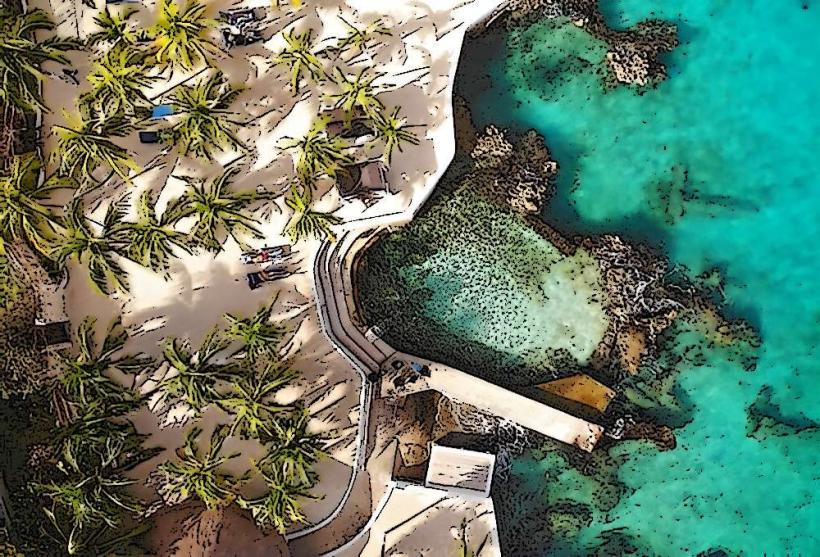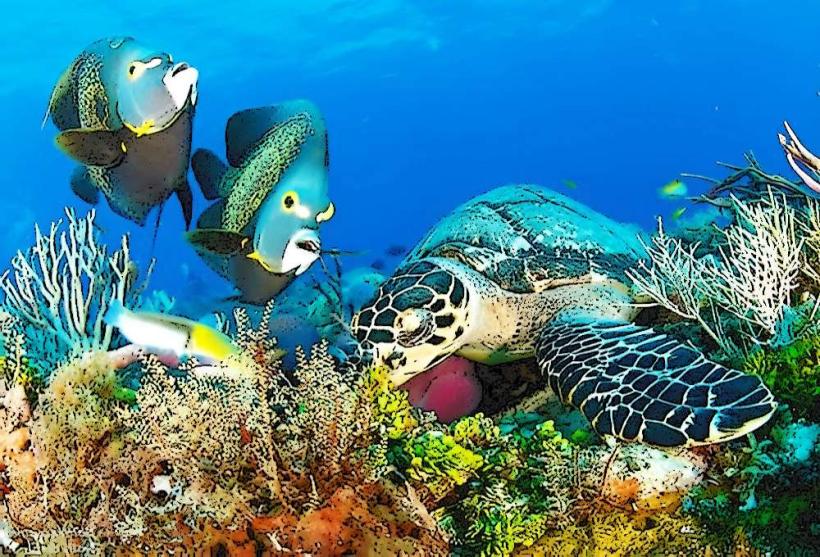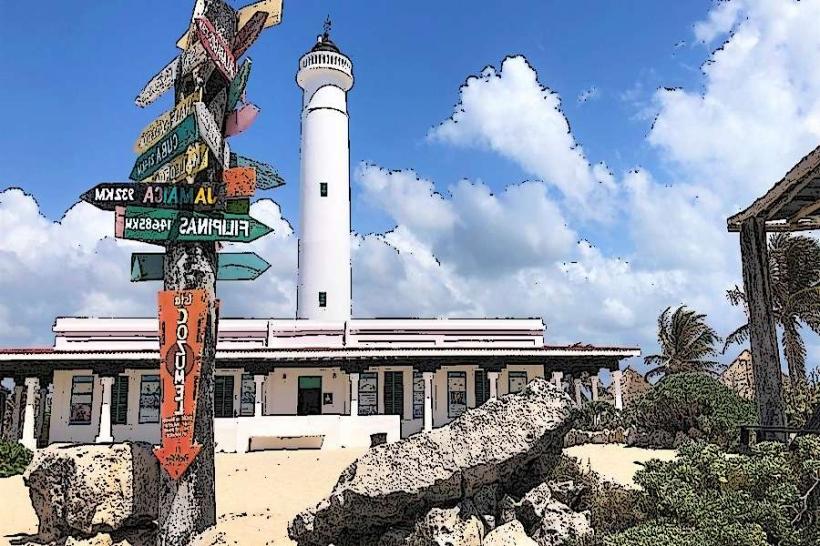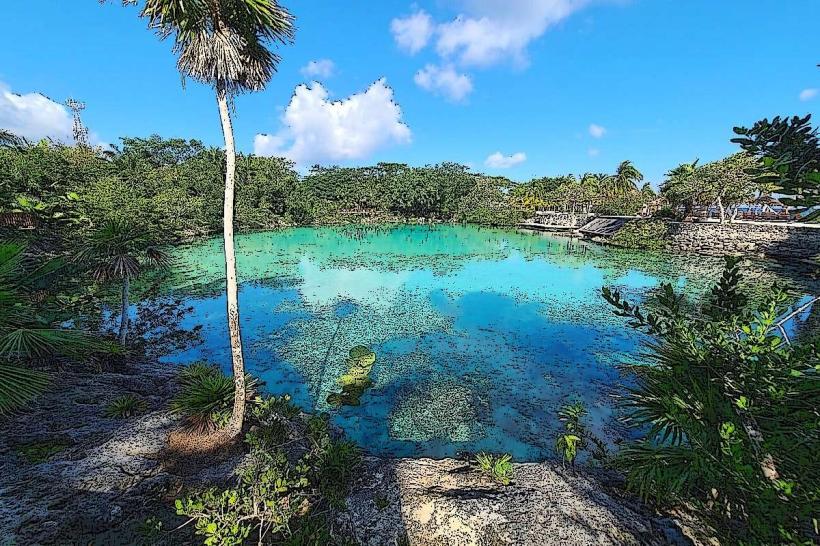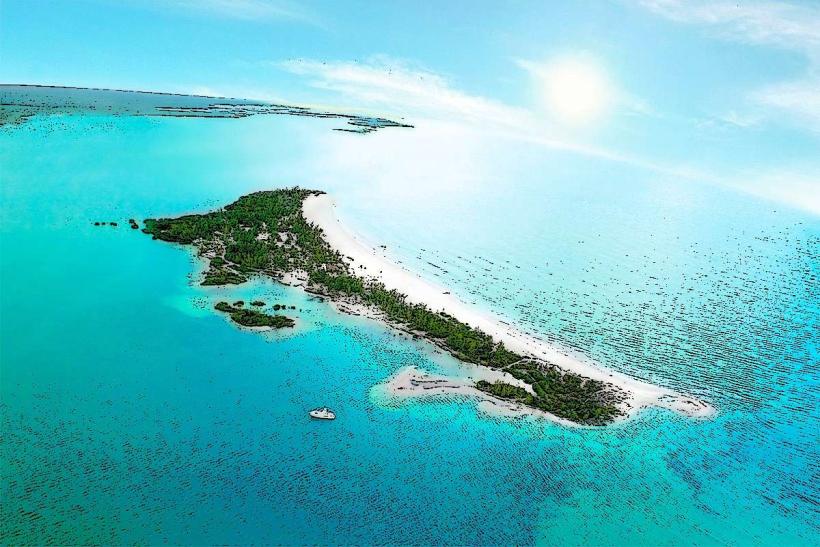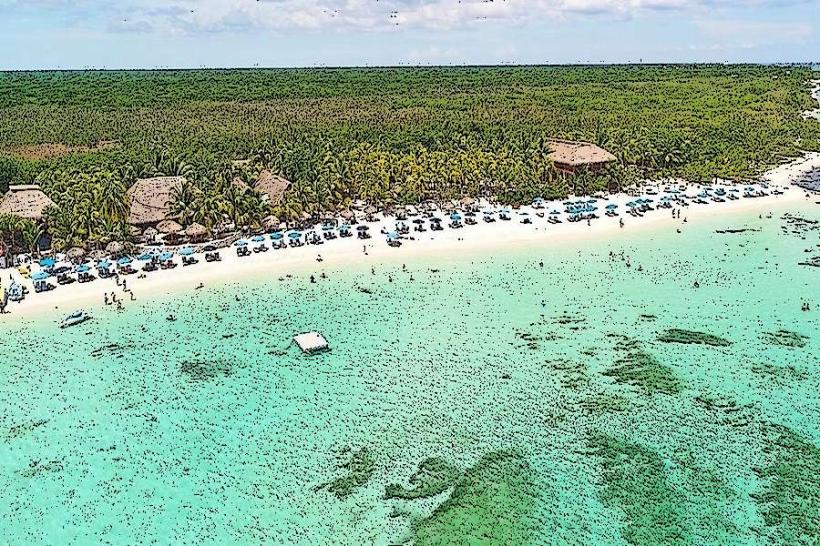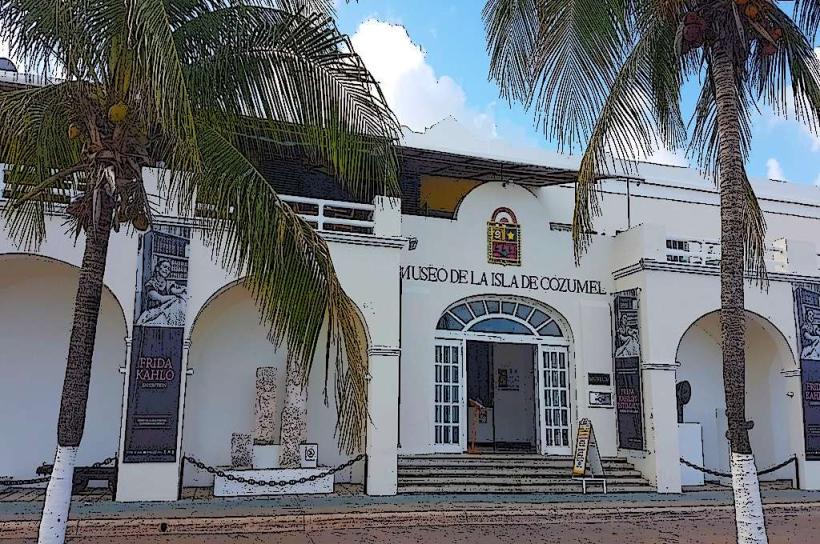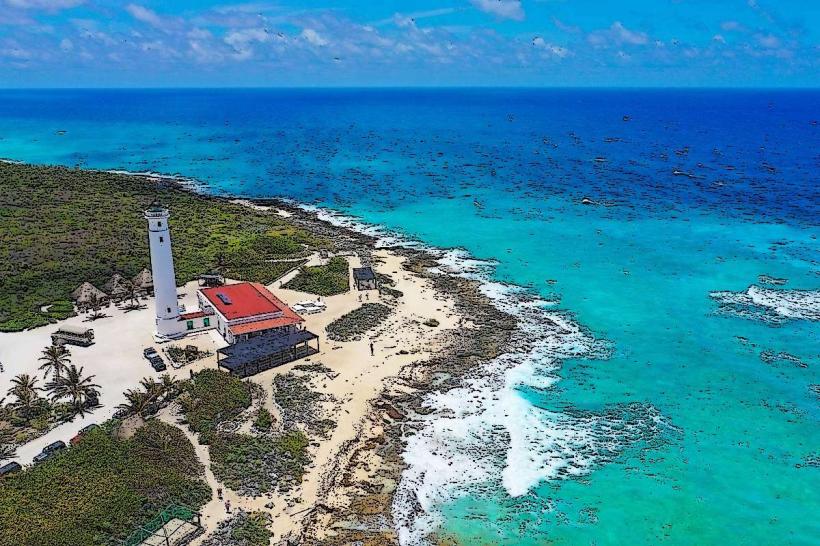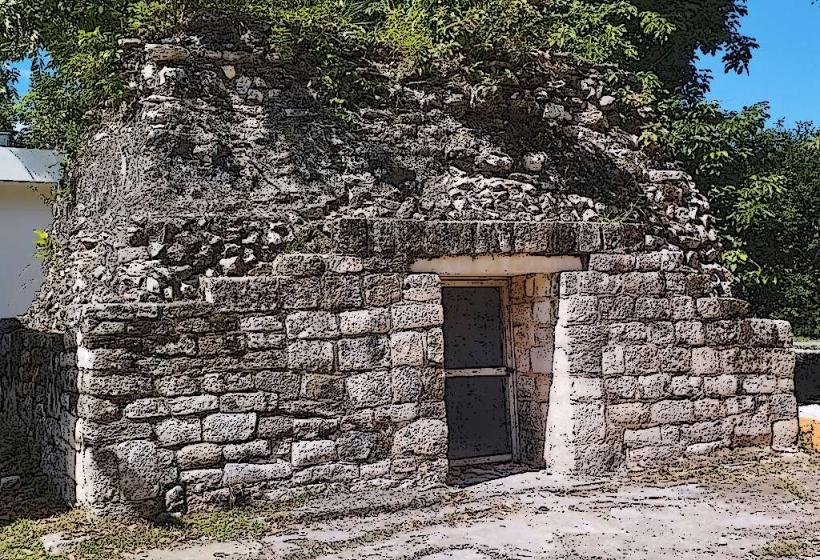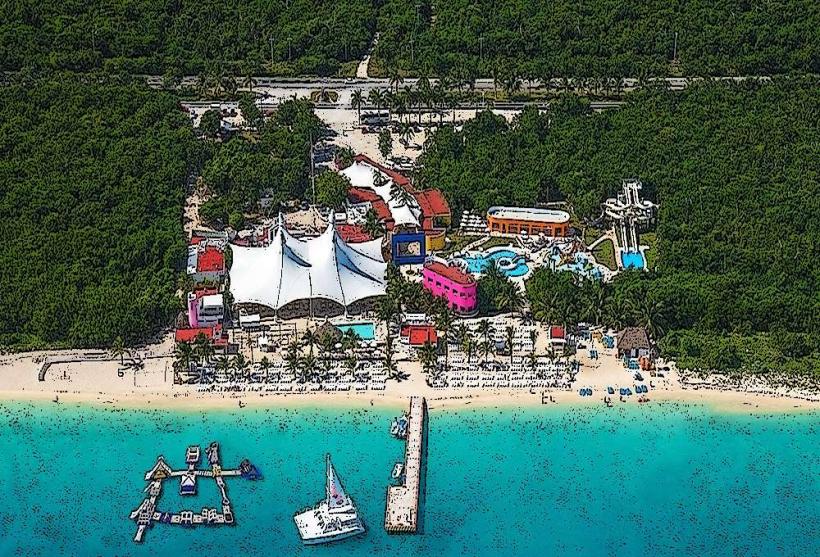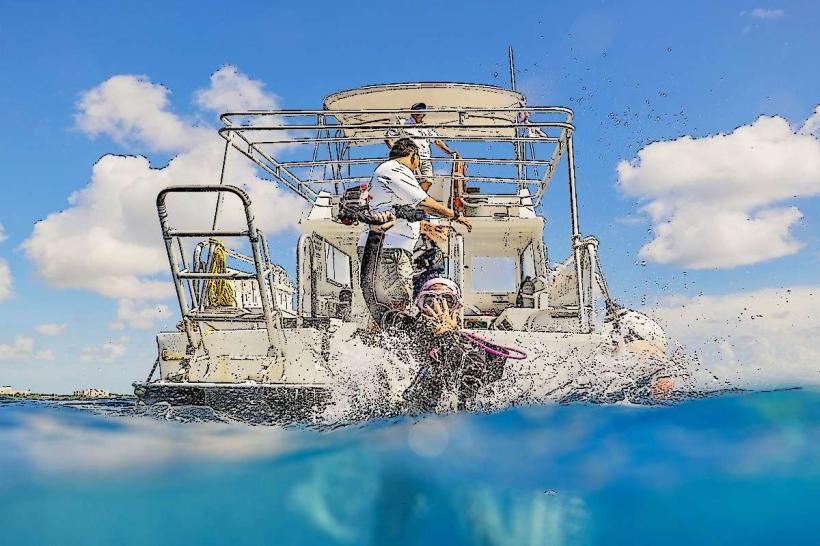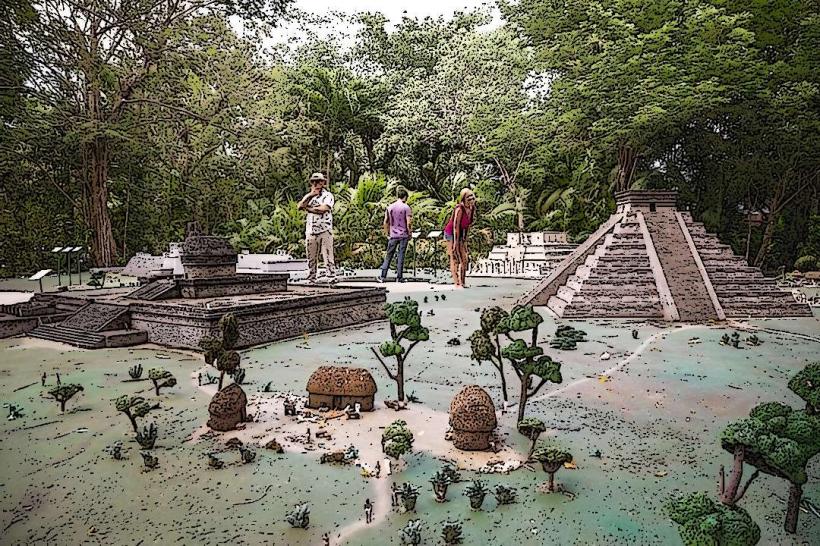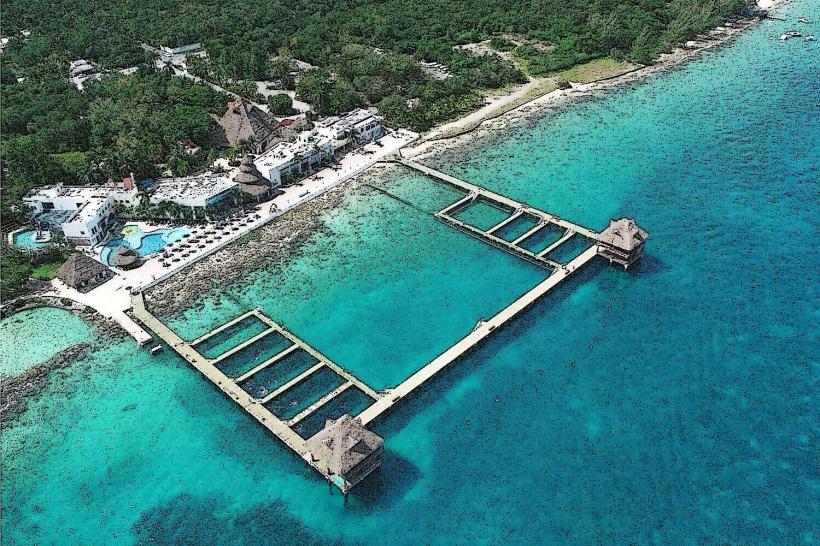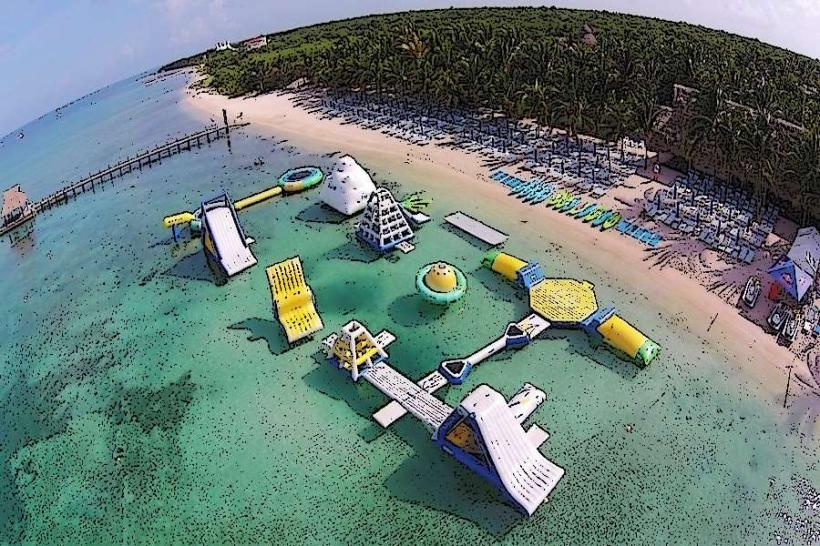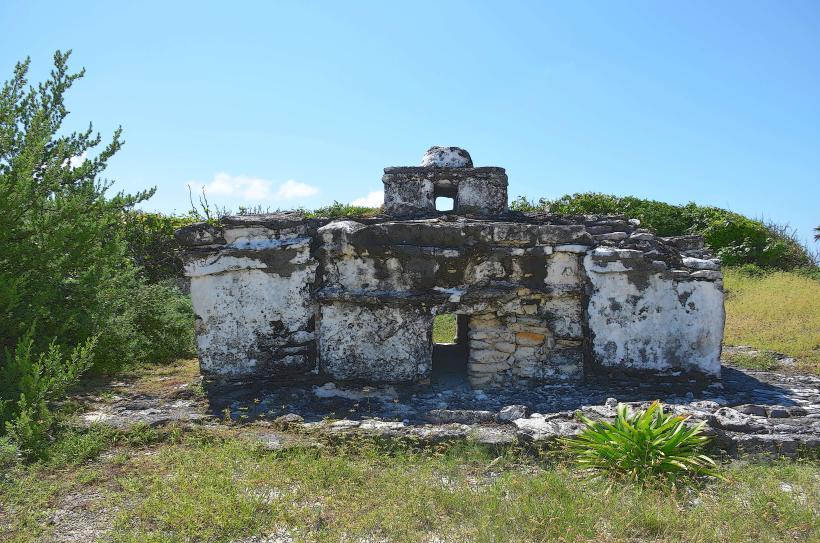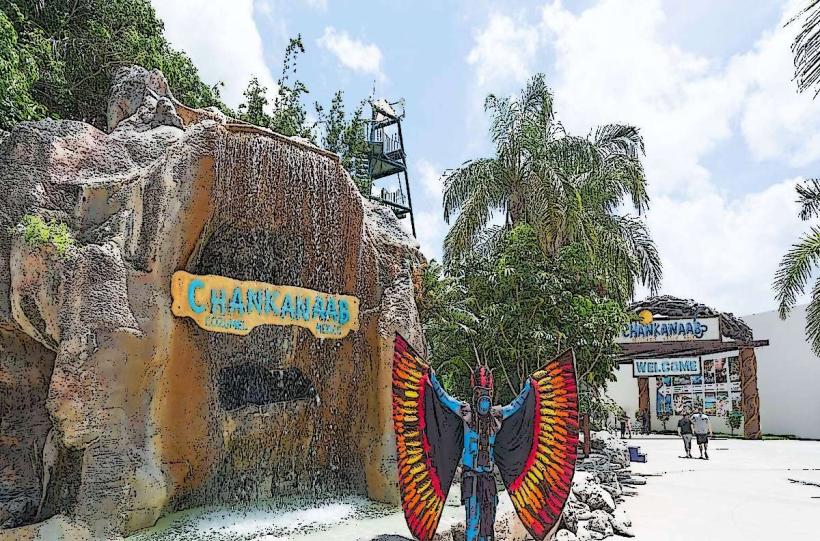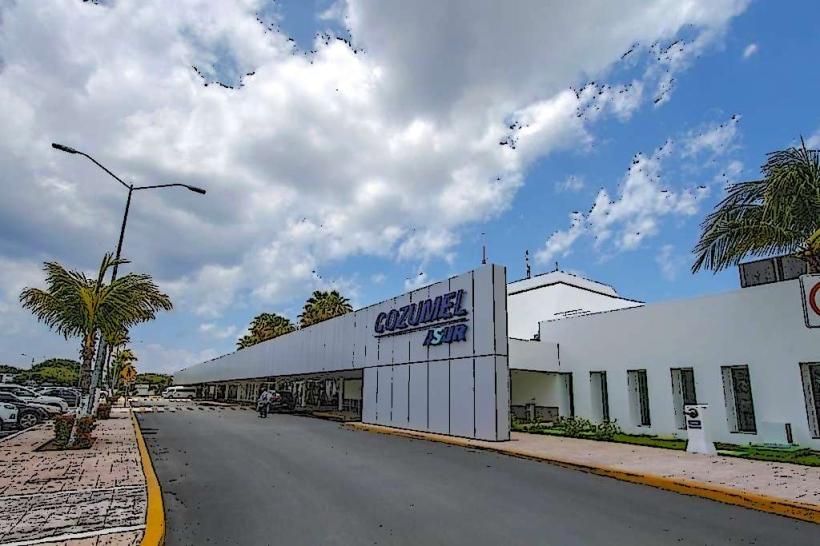Information
Landmark: San Gervasio RuinsCity: Cozumel
Country: Mexico
Continent: North America
San Gervasio Ruins, Cozumel, Mexico, North America
The San Gervasio Ruins are an archaeological site located on the island of Cozumel, Mexico. This Mayan settlement served as a significant ceremonial center.
Visual Characteristics
The ruins consist of limestone structures, primarily temples and plazas, constructed in the Mayan architectural style. The primary structures include the Temple of the Cross, the Temple of the Eagle, and the House of the Caracol. The stone is weathered and shows signs of erosion. Vegetation, including tropical trees and vines, is present throughout the site, partially obscuring some structures.
Location & Access Logistics
San Gervasio is situated in the northern interior of Cozumel. Access is via the Transversal Road (Carretera Transversal), approximately 15 kilometers east of San Miguel de Cozumel. The site is accessible by car, taxi, or rental scooter. Parking is available at the entrance. Public transportation does not directly service the ruins; visitors typically arrange private transport.
Historical & Ecological Origin
San Gervasio was established during the Late Classic period (600-900 AD) and continued to be occupied into the Postclassic period (900-1200 AD). It was dedicated to Ixchel, the Mayan goddess of the moon, fertility, and weaving. The site is built on karst topography, typical of the Yucatan Peninsula.
Key Highlights & Activities
Visitors can explore the main plaza and examine the architectural details of the temples. Walking the designated paths allows for observation of the various structures. Photography of the ruins and surrounding flora is permitted. No specific guided tours are offered on-site, but independent exploration is the primary activity.
Infrastructure & Amenities
Restrooms are available at the entrance to the archaeological park. Limited shade is provided by the natural tree canopy. Cell phone signal (4G/5G) is generally unreliable within the ruins. No food vendors are present at the site; visitors should bring their own provisions.
Best Time to Visit
The best time of day for photography is in the morning between 9:00 AM and 11:00 AM, or in the late afternoon from 3:00 PM to 5:00 PM, to avoid harsh midday light. The dry season, from December to April, offers the most pleasant weather conditions. There are no tidal considerations for visiting San Gervasio.
Facts & Legends
San Gervasio was a pilgrimage site for Mayan women seeking fertility blessings from the goddess Ixchel. It is believed that women would travel from across the Yucatan Peninsula to make offerings at the site.
Nearby Landmarks
- Punta Sur Eco Beach Park (12km South)
- El Cedral Ruins (8km South)
- Chankanaab National Park (10km South)
- San Miguel de Cozumel (15km West)

